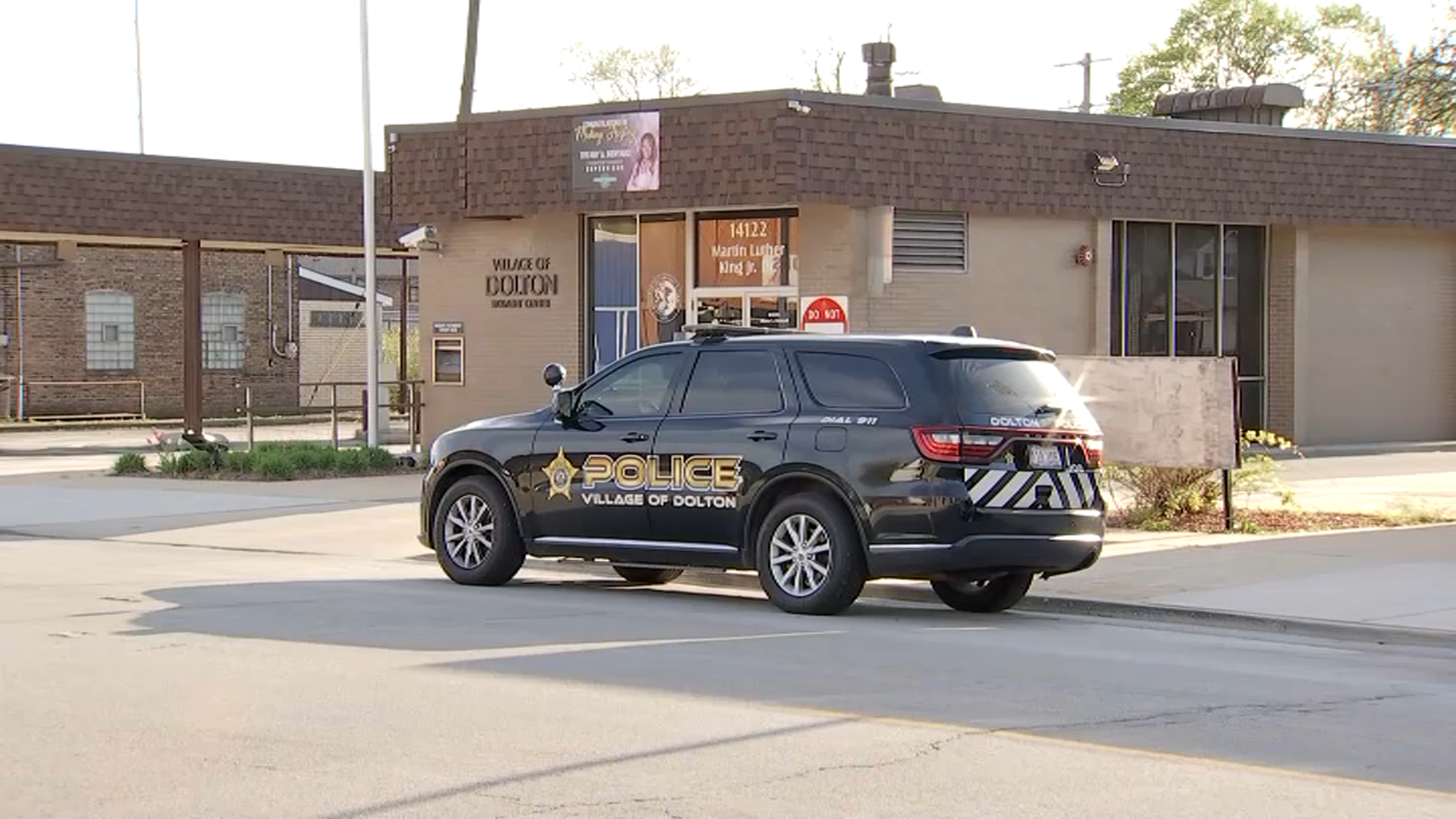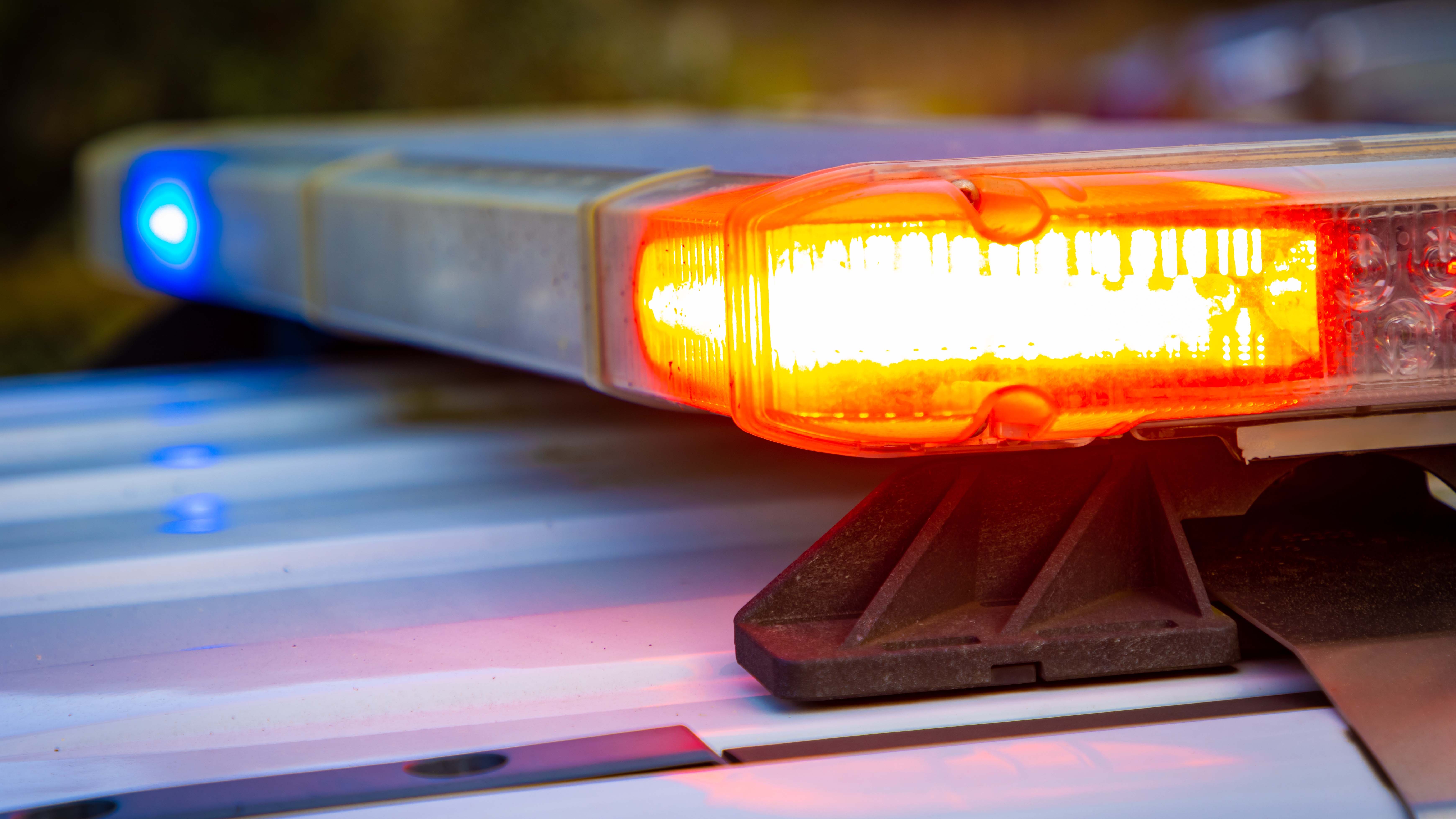Illinois' COVID metrics are on the rise following the Thanksgiving holiday, along with spikes in several other viruses, so what can you do if you're feeling ill?
Here's what you need to know about the coronavirus pandemic across Illinois today.
What is COVID's Incubation Period and When is the Best Time to Test?
With many Americans feeling under the weather after gathering with friends and family for the Thanksgiving holiday, some are wondering how long it may take to start feeling symptoms after potential exposure.
Feeling out of the loop? We'll catch you up on the Chicago news you need to know. Sign up for the weekly Chicago Catch-Up newsletter here.
According to the CDC, the median incubation period for the omicron variant and its numerous strains is in the range of three-to-four days, slightly less than the delta variant's median of 4.3 days.
Regardless of whether symptoms are currently felt or not, many feel they may have recently been exposed to COVID-19, also raising questions on when the best times to test for the virus are.
Read more here.
Local
After Thanksgiving, Illinois Sees Highest Single-Day COVID Case Total Since Summer
Amid concerns that a spike in COVID cases could occur after the Thanksgiving holiday, Illinois officials reported their highest single-day total since the summer.
According to metrics from the Illinois Department of Public Health, the state reported 5,724 cases of the virus on Wednesday, the highest number of cases reported in a single day since Aug. 11.
Tuesday also saw a dramatic increase in cases over the previous days, with 2,536 cases reported.
Read more here.
Sore Throat? Cough? Here's What to Know If You're Ill or Were With Someone Who Was
With COVID, RSV, flu and a number of other viruses circulating heavily, chances are you're either sick or know someone who is right now. So what should you do if you're feeling ill or were around someone who was ill over the Thanksgiving holiday?
Experts say there are some important steps to take - no matter your symptoms.
Start by determining what you can and take necessary precautions.
Read more here.
How Many COVID Tests Should You Take to Be Confident You Don't Have the Virus?
For those who may have been exposed to COVID over the Thanksgiving holiday week and weekend, how many tests should you take before you can be confident you didn't contract the virus?
The first important question to ask is whether or not you have symptoms.
Read more here.
Exposed to COVID? Here's What Experts Say About Testing Procedures
The Thanksgiving gatherings have come and gone, but unfortunately that means that many celebrants may have been exposed to COVID-19 during their time with friends and family.
COVID cases generally rise in the colder-weather months anyway, with many gatherings occurring inside and in confined spaces. The holidays the last two years have especially seen cases go up, with the omicron variant tearing through the population in 2021 and the virus hitting some of its highest levels of infection in the winter of 2020.
Read more here.
Feeling Sick After Thanksgiving? Here's What Experts Say You Should Do
While Thanksgiving likely felt the most normal it has since the days before the COVID-19 pandemic, considerable spread of the flu, RSV and COVID-19 has many Americans wondering what they should do if they're feeling under the weather after a holiday gathering.
According to one public health expert, it may not be a bad idea to test even if you're not feeling any symptoms following a Thanksgiving get-together.
Read more here.
What Medicine Can You Take for COVID? Paxlovid, Remdesivir and Other Treatment Options
The majority of people who contract COVID-19 don't need to seek treatment and can typically battle the infection on their own, but that's not always the case, and there are various treatments available for those at higher risk of hopsitalization or serious illness.
Those options include antiviral pills and intravenous treatments. The criteria vary widely for each, and depending on your situation, one option may be recommended over the other.
Read more here.
Precautions Advised as Chicago and Cook County Return to ‘Medium' COVID Alert Level
With Chicago and suburban Cook County back under an elevated COVID alert level, health officials are reiterating precautions to reduce the spread of respiratory viruses, especially with more gatherings planned through the end of the year.
Both Chicago and Cook County shifted from "low" to "medium" community level status Friday following a rise in metrics, according to the Chicago Department of Public Health.
Read more here.



